Buying a home can be a bit of a minefield; there are just so many mistakes homebuyers can stumble into. These mistakes can cost you money, cost you time, and even cost you your chance at your dream home
In this post, we’re going to talk about the 10 biggest mistakes homebuyers make when buying a new house and how to avoid them. Then we’ll talk about three things homebuyers think are mistakes, but really aren’t!
10 Mistakes Homebuyers Make When Buying a New House
Let’s countdown the top 10 mistakes homebuyers make when buying a new house.
10. Failing to Shop Around for the Best Loan Terms
Mortgage loan terms include important factors like interest rates, the time it takes to repay the loan, and down payment requirements. Many homebuyers mistakenly choose the first lender they contact about a home loan. But it pays to shop around.
Generally speaking, you want to find the lowest fixed interest rate for either a 15-year or 30-year loan. Adjustable-rate mortgages can be advantageous when rates are high, but with today’s historically low interest rates, you want to stick with a fixed-rate mortgage. The more money you can put down, the lower your monthly payment will be. Invest a little time in weighing your options before choosing a lender. And don’t just look at the big banks. Credit unions usually offer better terms.
9. Waiting Until You Have Enough for a 20% Down Payment
Putting 20% down was the old standard. But as home prices increased faster than wages, 20% became unrealistic in many markets. Thanks to FHA and VA loans, as well as special first-time buyer programs, you may only need 3.5% down. This means you don’t have to empty your savings to buy a home, which is good because, as a homeowner, you should always have a cushion for when something in your home inevitably needs repaired or replaced.
Just remember, the more you can put down, the lower your monthly mortgage payments will be and the more equity you’ll have in the home. So it pays to make a sizable down payment.
8. Putting Style Before Substance
Too many buyers focus on superficial details of houses. Things like paint colors, old flooring, and outdated fixtures can be changed easily. And you don’t need to worry about the well-worn furnishings or the ugly window coverings because those things will be gone by the time you move in.
Instead, keep your focus on the things that can’t be easily changed. The layout of the home, for example, would be difficult to change, even if you technically can change it. And the foundation and supporting structural elements are far more important than the beat-up countertops. Good bones will always be more important than aesthetics.
7. Underestimating Closing Costs
Closing costs for homebuyers include title insurance, loan origination fees, underwriting fees, and document processing fees. You’ll also likely need to pay some taxes and homeowners insurance premiums upfront at closing.
One of the biggest mistakes homebuyers make when buying a new home is failing to account for these costs. Or dramatically underestimating them. These costs typically range between two and five percent of the purchase price in Connecticut, so plan accordingly.
6. Offering Too Much (Or Too Little)
Homebuyers often make mistakes when deciding on an offer price:
- They either assume the asking price is the “correct” price, and blindly offer full price, or
- They assume the asking price is the starting point for negotiations and come in with a low-ball offer.
Neither of these mindsets is beneficial. The fact is that the asking price may or may not have anything to do with the market price. Some sellers set the price sky-high, some set the price low in the hopes of creating a bidding war, and some set the price just right.
The best way to decide on an offer price is to have your real estate agent run a market analysis to determine the fair market value of the home. And if you’re serious about buying a home, go in with a fair offer. Offers that are too low might not even get a counteroffer.
5. Waiting for the “Perfect” Home
Here’s a homebuyer mistake that first-time buyers are particularly susceptible to: waiting for the “perfect” home. While I love matching buyers with the home that perfectly suits them, it doesn’t mean that the homes themselves are perfect.
There will likely be something “wrong” with every home a buyer tours. Don’t let that stop you from buying a house and making it a home.
4. Ignoring the Help of a Buyer’s Agent
Did you know that buyers don’t pay their real estate agents? All real estate fees are paid by the seller. So you have nothing to lose by hiring a buyer’s agent to represent you.
And buyer’s agents do a whole lot more than take you to see houses. A good buyer’s agent:
- Can let you know about homes that aren’t even on the market yet
- Will negotiate on your behalf to get you the lowest price and the best terms
- Makes sure your deal stays on track through the escrow process
- Translates the mountain of homebuying paperwork into plain English
- Stays in touch through the process from start to finish so you’re never left in the dark
- Reviews your home inspection and appraisal to guide you in additional negotiations as needed.
- And so much more!
Don’t go into a real estate transaction without a licensed real estate professional in your corner.
3. Prioritizing the House Over the Neighborhood
Even buyers who correctly focus on the structure instead of the style of a home often make a big mistake: they put the house before the neighborhood.
As a veteran agent, I know that the neighborhood is just as important, if not more so, than the house. If you don’t start with the right neighborhood, you could end up unhappy even with a lovely home. When choosing a neighborhood, pay attention to the school districts, green spaces, walkability, general pace of life, condition of the homes in the area, and distance from your workplace.
Homes can almost always be altered, but neighborhoods are difficult to change.
2. Buying More House Than You Can Afford
Buying too much house is consistently one of the biggest mistakes homebuyers make when buying a new house. Quite often, buyers see how much money lenders are willing to loan them, and they set that amount as their budget. But just because you qualify for that much money doesn’t mean you need to spend that much.
According to Consumer Reports, “Financial planners recommend limiting the amount you spend on housing to 25 percent of your monthly budget.” This 25 percent leaves some wiggle room in the event that your other expenses increase or your income ever decreases.
1. Waiting to Get Pre-Approved
The single biggest mistake homebuyers make when buying a new home is starting their home search before getting pre-approved for a mortgage loan.
Pre-approval should always be your very first step in the homebuying process. Here’s why:
- Pre-approval gives you an idea of your buying power upfront, which helps you look in the correct price range from the beginning.
- Pre-approval helps you make a strong offer when you find the right home. Sellers are much more likely to accept an offer from a buyer who is pre-approved for a loan because they can reasonably assume the buyer will be able to get financing to close the deal.
You should know that some lenders offer “pre-qualification” in addition to pre-approval. Pre-qualification simply requires you to answer a few questions for a lender. It doesn’t require proof of income or a credit check, so it doesn’t carry as much weight as a pre-approval. Your best bet as a homebuyer is to skip the pre-qualification and go straight for the pre-approval.
3 Things Homebuyers Think are Mistakes, but Aren’t
Before you go, I want to address a few items that are often cited as mistakes homebuyers make when buying a new home, but actually aren’t mistakes at all.
3. Buying When You Have Debt
Buying when you have debt may have been a mistake a few decades ago, but today, nearly everyone is carrying some kind of debt (like student loans or auto loans). Don’t let these debts stop you from getting on the property ladder. The new rule of thumb: as long as you don’t have credit card debt, and you can comfortably afford all your debt payments, you’re probably ready to buy a home.
2. Putting a Small Amount Down
Putting a small amount down is another thing that may have been a mistake a few decades ago. When interest rates were over 15 percent in the 1980s, you had to put a large amount down or you would drown in interest expenses. But with today’s rates under five percent, and home values growing faster than wages, don’t be ashamed to put down 10 percent or less.
1. Buying Emotionally
Sure, buying a home is an important financial decision, but it’s also the place where you’ll live your life and build your memories. So go ahead and allow yourself to get emotionally invested in your search for your future home!
When you’re ready to find your new home, contact me. I can help you take advantage of all the benefits of homeownership while avoiding these mistakes homebuyers make when buying a new house.







